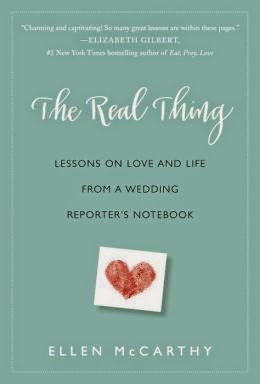 Her entry begins:
Her entry begins:After a long day reading Congressional debates from the 1790s for my next book, I like to turn to a good mystery novel or some science fiction. Having just finished all of Louise Penny’s beautiful, lyrical Inspector Gamache mysteries, I have now turned to an eerie tale, The Devil’s Detective, about murder in the bowels of Hell. I have to confess, however, that I am eagerly awaiting the next and final episode in...[read on]About The Bill of Rights, from the publisher:
The real story of how the Bill of Rights came to be: a concise, vivid history of political strategy, big egos, and partisan interest that set the terms of the ongoing contest between the federal government and the states.Learn more about The Bill of Rights: The Fight to Secure America's Liberties.
Revered today for articulating America’s founding principles, the first ten amendments—the Bill of Rights—was in fact a political stratagem executed by James Madison to preserve the Constitution, the Federal government, and the latter’s authority over the states. In the skilled hands of award-winning historian Carol Berkin, the story of the Founders’ fight over the Bill of Rights comes alive in a gripping drama of partisan politics,acrimonious debate, and manipulated procedure. From this familiar story of a Congress at loggerheads, an important truth emerges.
In 1789, the young nation faced a great ideological divide around a question still unanswered today: should broad power and authority reside in the federal government or should it reside in state governments? The Bill of Rights, from protecting religious freedom and the people’s right to bear arms to reserving unenumerated rights to the states, was a political ploy first, and matter of principle second. How and why Madison came to devise this plan, the divisive debates it fostered in the Congress, and its ultimate success in defeating antifederalist counterplans to severely restrict the powers of the federal government is more engrossing than any of the myths that shroud our national beginnings.
The debate over the founding fathers’ original intent still continues through myriad Supreme Court decisions. By pulling back the curtain on the political, short-sighted, and self-interested intentions of the founding fathers in passing the Bill of Rights, Berkin reveals the inherent weakness in these arguments and what it means for our country today.
Carol Berkin, Presidential Professor of History, Emerita at Baruch College and the Graduate Center of the City University of New York, is the author of A Brilliant Solution: Inventing the American Constitution, First Generations, Jonathan Sewall, and Wondrous Beauty: The Life and Adventures of Elizabeth Patterson Bonaparte.
My Book, The Movie: Wondrous Beauty.
My Book, The Movie: The Bill of Rights.
Writers Read: Carol Berkin.
--Marshal Zeringue










































